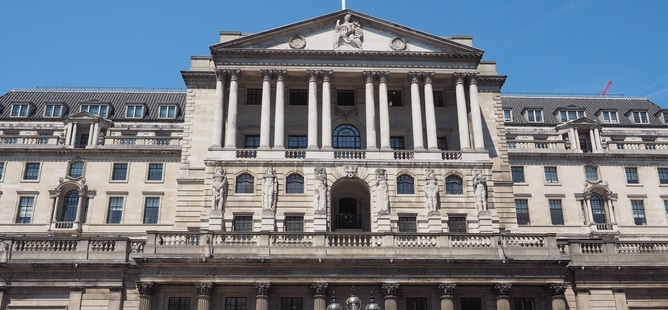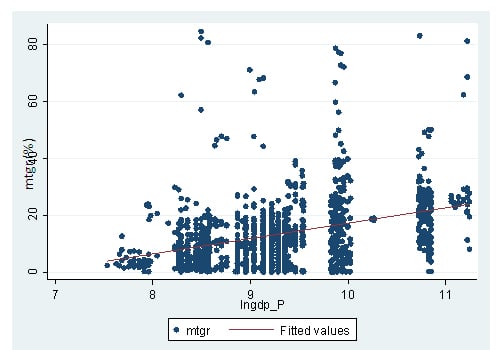Not too Big to Fail, but Nothing Learned
Do you remember the 2007-08 banking crash? In the build up to it, UK bankers made vast profits and their executives collected big bonuses. After the crash, taxpayers bailed them out, which led to increased government borrowing. We have all been suffering a never-ending programme of austerity ever since.






